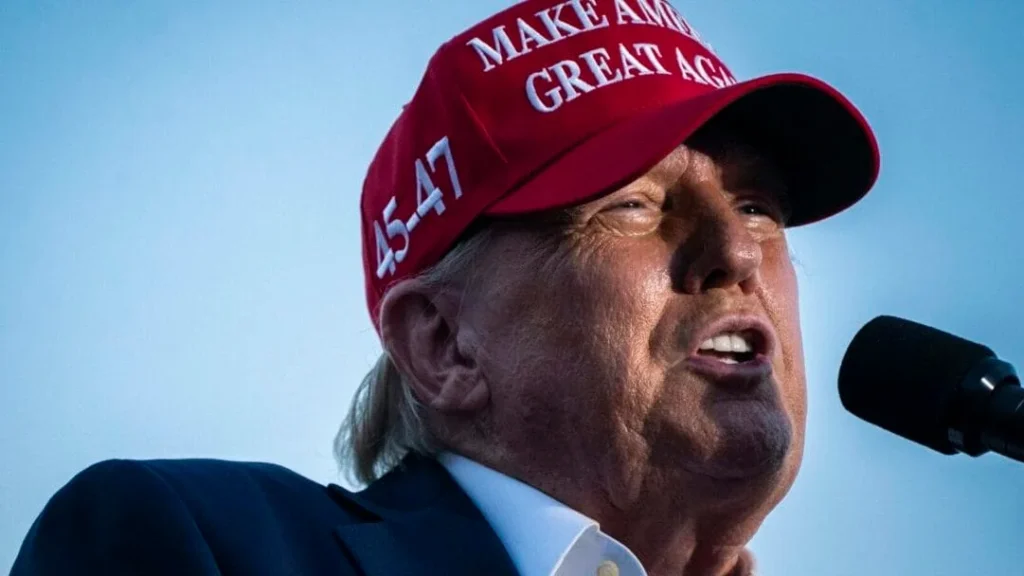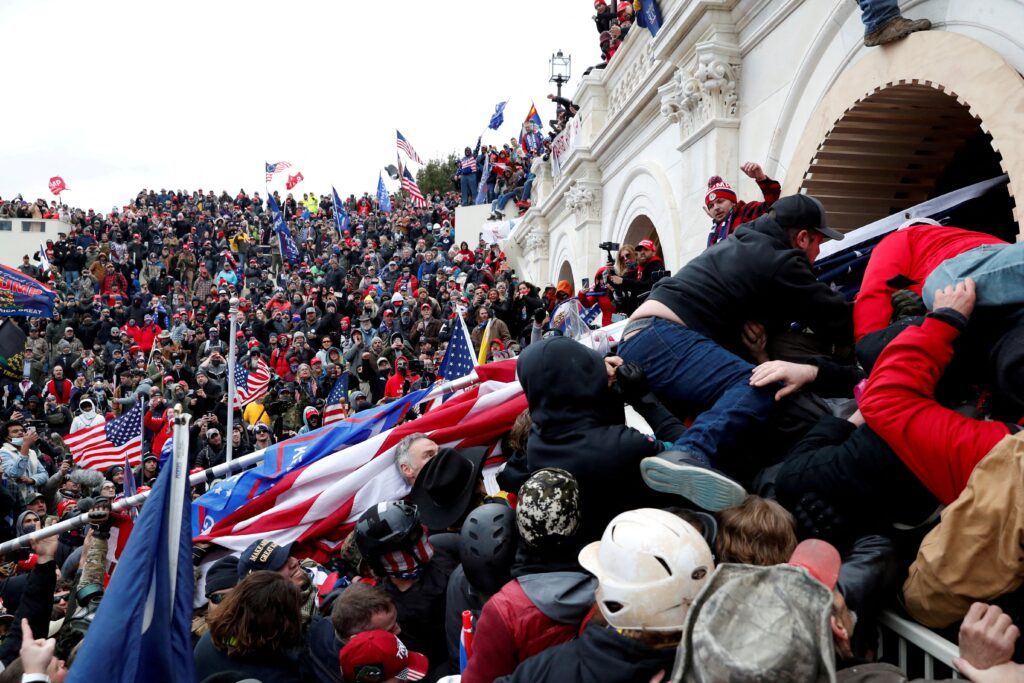Former President Donald Trump will seek presidential immunity from a lawsuit filed by seven Capitol Police officers injured during the January 6, 2021, Capitol riot. The lawsuit accuses Trump of inciting the violence, an allegation he denies.

Edward Caspar, lead attorney for the plaintiffs in *Smith v. Trump*, confirmed on Sunday that Trump will file for immunity this month. The federal District Court for the District of Columbia must determine whether Trump is protected from civil liability for his alleged role in encouraging the attack.
The lawsuit could set a significant precedent regarding the limits of presidential immunity and its application in cases involving civil liability and free speech. The outcome may also clarify the events surrounding the Capitol riot, during which Trump supporters attempted to stop the certification of Joe Biden’s 2020 election victory.
In August 2021, seven Capitol Police officers filed a lawsuit against Trump and members of far-right groups, including the Proud Boys and the Oath Keepers, seeking damages for injuries sustained during the riot.
The plaintiffs argue that Trump perpetuated a false narrative that the 2020 election was stolen and encouraged his supporters to disrupt the certification process. Trump has consistently denied wrongdoing, asserting that he called for peaceful protest.
The lawsuit is being brought under a post-Civil War statute originally intended to prevent the Ku Klux Klan from intimidating African Americans and suppressing their right to vote.

In July 2023, the Supreme Court addressed presidential immunity from criminal prosecution but did not clarify its stance on civil immunity, particularly in cases involving free speech. This case will explore whether Trump’s actions fall under the scope of presidential immunity.
Discovery related to the immunity issue concluded in December 2024. Briefing on Trump’s immunity claim is scheduled to begin, with his initial filing due on January 24 and the plaintiffs’ response due on February 28. A decision is expected by April.
Caspar, acting co-chief counsel at The Lawyers’ Committee for Civil Rights Under Law, emphasized the case’s importance. “This lawsuit remains a critical opportunity to achieve justice for those harmed by the attack,” Caspar said. “The federal District Court must determine whether Trump has immunity. We will continue to argue that he does not.”
The Lawyers’ Committee, a prominent civil rights organization, has argued that the January 6 attack sought to disenfranchise African Americans and other voters, undermining their right to vote.
The court’s decision on Trump’s immunity will not affect the ongoing proceedings against other defendants in the case, including members of far-right groups and the Trump 2020 campaign. Discovery in those claims is expected to continue until at least July 2025.



